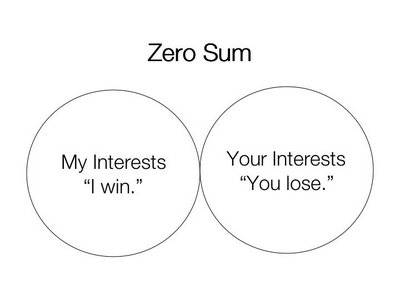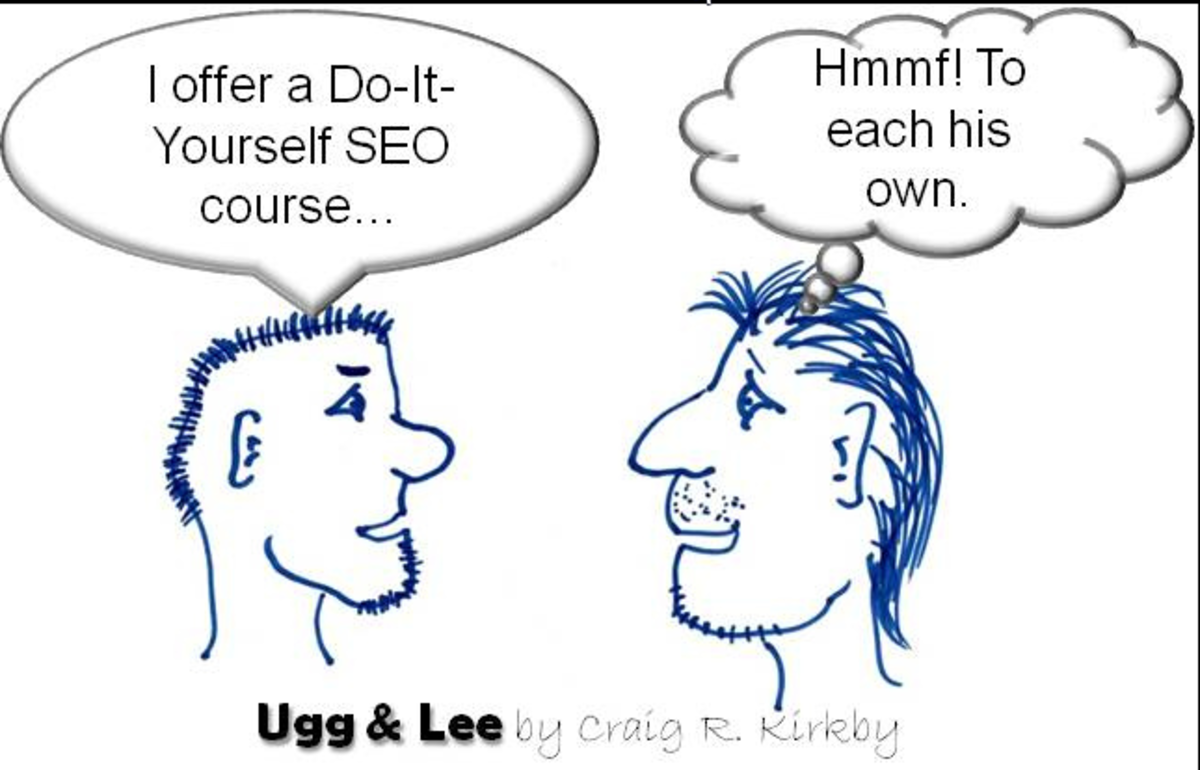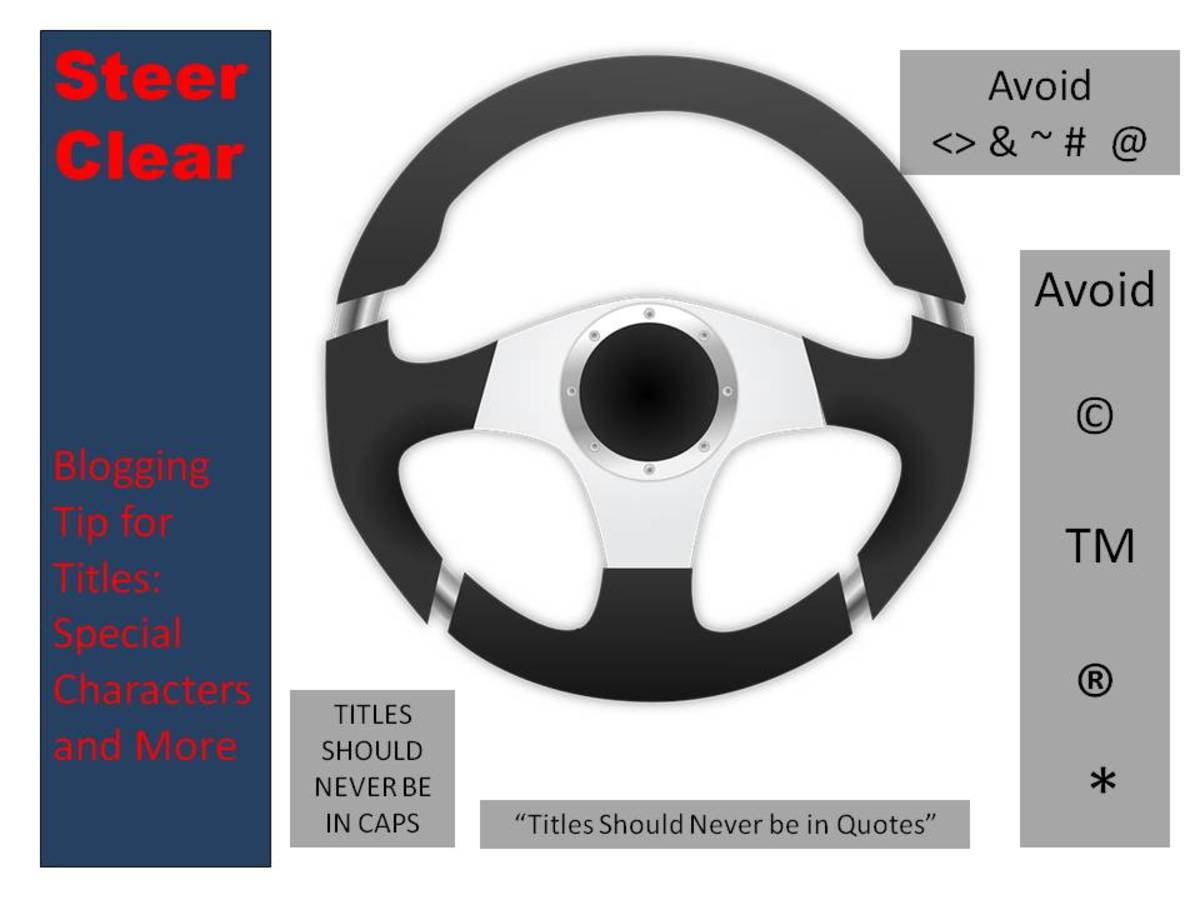Search Engine Optimization and the entropy of Internet content
The Internet Dimension
There are aspects of SEO that are exact sciences and that is undeniable. Search engines use complex algorithms in their programming to somehow connect keywords that are searched by people with intentions of providing the most relevant content on the Internet. Billions of search queries each day vs. billions of content and the growth is just so exponential.
This reminds me of Isaac Asimov’s short story The Last Question where the concept of entropy is explained. Think of the Internet as a universe in itself that is continuously expanding since its first big bang. The growth is just so massive and inconceivable, seemingly towards infinity.
Just imagine, from the full-on quality-focused and authentic content that people share to their networks to the SEO companies with content farms and armies of bloggers continuously adding to the expansion of that which we refer to as cyberspace—binary codes stored in physical hardware but at the same time consciously accessible data or meta-objects in metaphysical space. The Internet is another dimension overlapping or superimposed with ours.
Quants: The Alchemists of Wall Street
Algorithms and SEO Expertise
You don’t even need to be a super mathematician to outsmart the algorithms of Google or other search engines. Of course it would be the greatest edge to know all the mathematics and exact sciences involved with how search engines work. But then these equations and models do not really provide a perfect model of how our world works.
There’s this documentary I watched recently about Quants (see video on right side), people who are super genius at math who are dubbed as “alchemists of wall street” for being able to predict market events with the use of mathematical models. There’s this one guy there though whose lecture on non-linear math that really struck me.
He was talking about something like this: let’s say you need 100 bottles of beer and let’s assume that one bottle of beer is 1 dollar each. It is assumed, by linear mathematical thinking, that you will need 10,000 dollars, right? But then what if the store decides to give you a discount because you’re buying by bulk? There’s also that opposite situation where they are the only open store and it’s late at night and this monopoly gives them the power to raise their price if they wished because they know you really need the 100 beers. So in the end, a priori data and conclusions come close but empirical data still remains superior. Such an eye-opener, that documentary (I’ve actually already subscribed to their YouTube channel; they have a lot of other interesting videos).
So the lesson we learn from this is that SEO techniques and models are very helpful but is not entirely something that is 100% sure to drive traffic into your website and increase your profits.
Quality is still most important, as every SEO specialist knows. This must be prioritized above all the rules we’ve learned about search engine optimization. People get sick of ads, especially on sites that are all-out spam.
Nowadays, I’m even starting to get sick of Wordpress CMS websites. Just because it’s so easy to use, everyone’s joining the bandwagon thinking that they can make it big on the Internet by starting a Wordpress or other open-source content management systems website. There’s nothing wrong with this at all. Many become really popular and lucrative. It’s just my personal preference and observation that many of them are lacking innovation and are just relying on unoriginal content or concept. Those dubbed as made-for-adsense websites.

Cultures and Emerging Markets
If you observe my top articles on Hubpages that are really giving me a lot of profit, they’re mostly very specific to content about the Philippines. This is because content competition is less; especially during the times I wrote them (we can safely assume that luck and timing is very significant as well).
Nowadays, people are really becoming more aware of SEO and a lot of content farms are popping up like mushrooms.
For example, let’s say you want to rank on an article about Katy Perry’s latest music video. You can really think of a lot of long-tail keywords for that but your odds at ranking is very low because millions of content are already competing for that spot. But then what if you write about Tagalog Kwentong Bayan (Filipino folklore stories) there's not much competition and yet a lot of people are searching for it especially students who are required to research about it. And I'm ranking for that keyword on the first page of Google results and most of time even the number one result.
I’ve been thinking and planning that it’s time for me to expand and not just limit myself to content about the Philippines and really research and write about other countries where SEO is still not so prevalent. Any smart entrepreneur would know that tapping emerging markets in this place I call “internet dimension” is a gold mine.

The Unique Perspective and the Zero-sum Mentality
As I have said in my previous post about the Google Online Marketing Challenge, I don’t have formal training or extreme expertise with SEO and all I can offer is my unique perspective. All these are random philosophical observations and analysis based on lateral thinking. But with my progress in my SEO blogging, these ideas of mine have been proven to be effective.
So why am I sharing all these tips and secrets? Shouldn’t I just be keeping them to myself so I can get more profit? The answer is no. The fact that you are reading this right now means that you are contributing to my profit. The more helpful I become and the more relevant and informative my articles become then the more patronage and profit I will get. The incentive of profit actually compels me to be helpful to others and competition forces me to be innovative. Google gets advertisers, I get compensated, and my readers get helpful information. People thrive not because of greed but by providing the best service.
Sure there are a lot of spam and blackhat SEO websites out there but we see these are not the websites that are patronized by consumers. Sure they earn from it, but compare their profit and patronage to those who really provide the better service.
So you want to make money through blogging?
If you’ve read my previous posts then you’ve probably seen that I am earning just by blabbing these random thoughts in my head.
More tips and SEO secrets coming soon! So always remember that the cardinal rule of becoming successful in making money online is to visit my blog about technology, social media, and search engine optimization: It's all about Beating The Search Engine!








